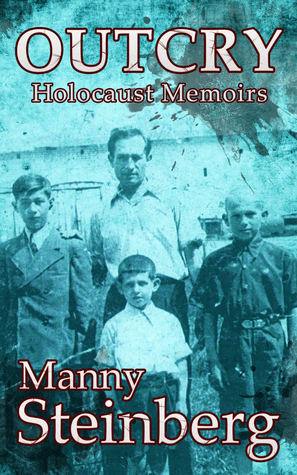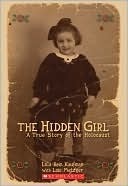
I Have Lived A Thousand Years: Growing Up In The Holocaust
Book Description
Survival hangs by a thread as a young girl grapples with the horrors of the Holocaust, transforming from a carefree child to a resilient young woman in the face of unimaginable loss. Livia Bitton-Jackson’s powerful memoir captures the raw emotions of hope, despair, and the unwavering strength of the human spirit. Each harrowing day in the concentration camp tests her courage, friendships, and will to live. Through her eyes, the reader experiences both the darkness and the flickers of humanity amid chaos. How does one find the will to grow when life itself seems intent on stripping away everything precious?
Quick Book Summary
"I Have Lived a Thousand Years: Growing Up in the Holocaust" is Livia Bitton-Jackson’s haunting memoir of surviving Nazi concentration camps as a Jewish teenager. Forced from her Hungarian home in 1944, Livia and her family are subjected to brutal dehumanization, grueling labor, and constant danger in camps like Auschwitz and Plaszow. As Livia witnesses inhumanity and unimaginable loss, she finds the strength to endure through the bonds with her mother and fleeting moments of kindness among prisoners. Her journey is not only of survival but transformation—from innocence to resilience, fear to hope. Bitton-Jackson’s story shines through as a powerful testament to the endurance of hope, the importance of memory, and the indomitable human spirit in the face of utter darkness.
Summary of Key Ideas
Table of Contents
Loss of Innocence and Childhood
The memoir begins with Livia (Elli Friedmann) as a bright, happy thirteen-year-old growing up in Samorin, Hungary. Her life is filled with the joys and rites of adolescence, surrounded by family and friends, until her world is shattered by the Nazi invasion. Anti-Jewish laws rapidly strip away freedoms and dignity, culminating in the family's forced relocation to a ghetto. The abrupt transition underscores the devastating loss of childhood innocence and the impact of persecution by both authorities and former neighbors.
Mother-Daughter Bond and Family Resilience
Deportation to Auschwitz marks the start of relentless suffering. Livia and her mother are separated from the men in their family and thrust into a cycle of dehumanization. They endure squalid conditions, starvation, and backbreaking labor. Fear becomes constant, and the arbitrary cruelty of guards looms over every day. Yet, the unwavering bond between Livia and her mother becomes a source of comfort and motivation, with each determined to protect the other. This mutual resilience underpins their survival.
Survival Against Dehumanization
Survival in the camps is not only a battle against physical deprivation, but also a struggle to cling to identity and humanity. Amid forced labor, public executions, and selections for death, Livia witnesses and experiences unimaginable horrors. She draws strength from fleeting moments—shared bread, a gentle word, clandestine support among prisoners. Though stripped of nearly everything, these small acts of kindness become lifelines, highlighting the enduring potential for compassion in the worst circumstances.
Endurance of Hope and Small Acts of Kindness
Liberation finally arrives in 1945. Livia and her mother, emaciated but alive, confront the harrowing task of rebuilding from the ashes—searching for lost loved ones and regaining their sense of self after trauma. The journey toward recovery is fraught, as they face the realities of immense loss and the struggle to adapt to a postwar world. Through all, hope and the determination to live on propel them forward.
The Importance of Remembrance and Bearing Witness
Livia Bitton-Jackson’s account is both a personal chronicle and an act of bearing witness. She transforms her experience into testimony—not only to honor those who perished, but to ensure that history is not forgotten. Her memoir underscores the responsibility of remembrance and the lessons to be learned from the past: the enduring strength of the human spirit in the face of evil, and the vital importance of compassion, courage, and hope.
Download This Summary
Get a free PDF of this summary instantly — no email required.





